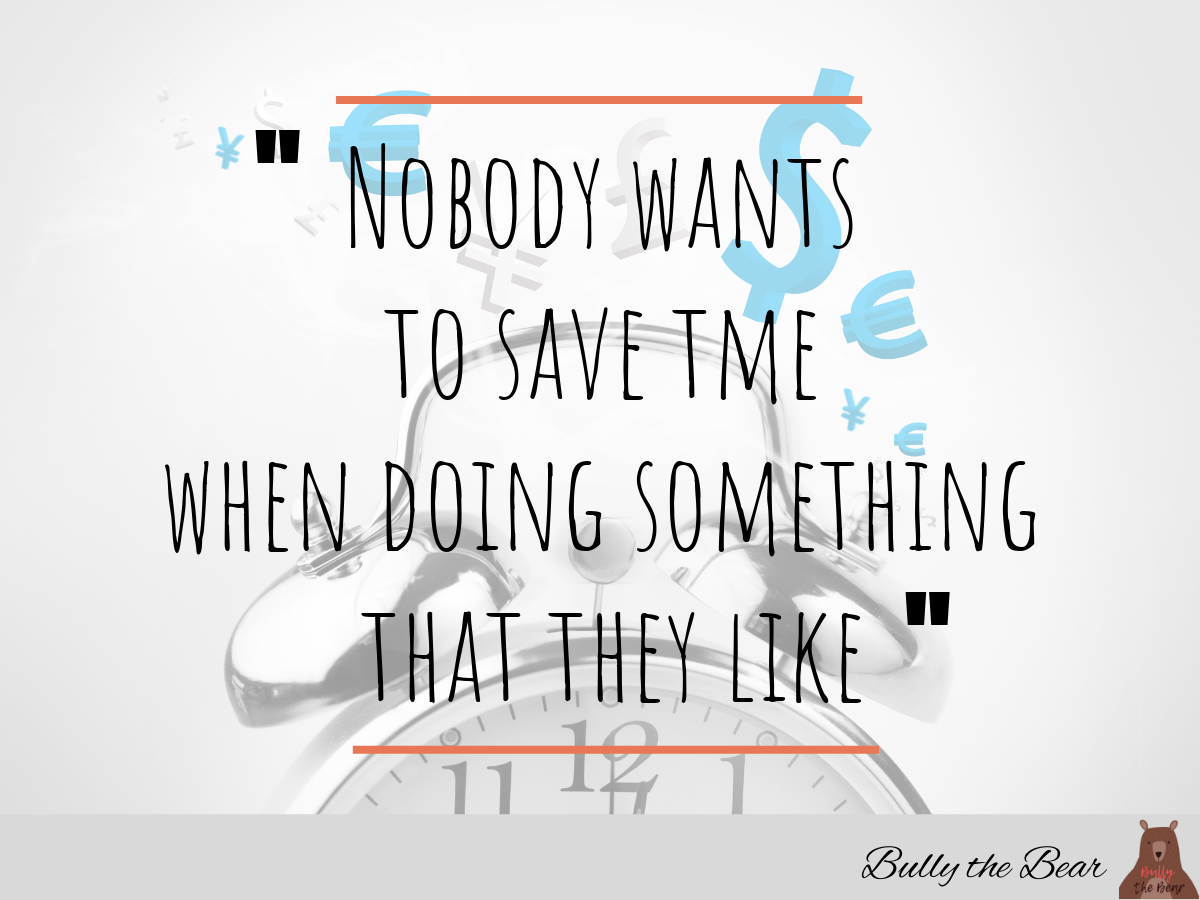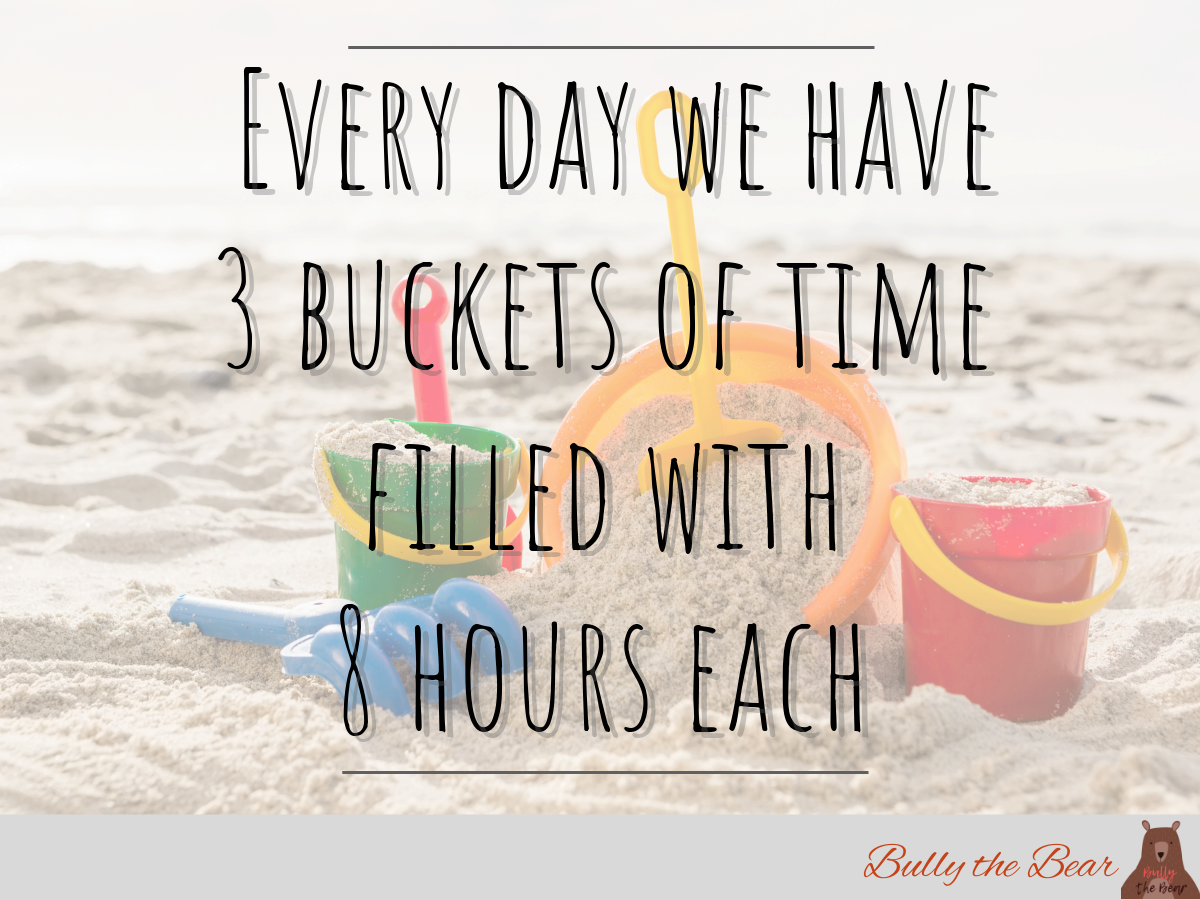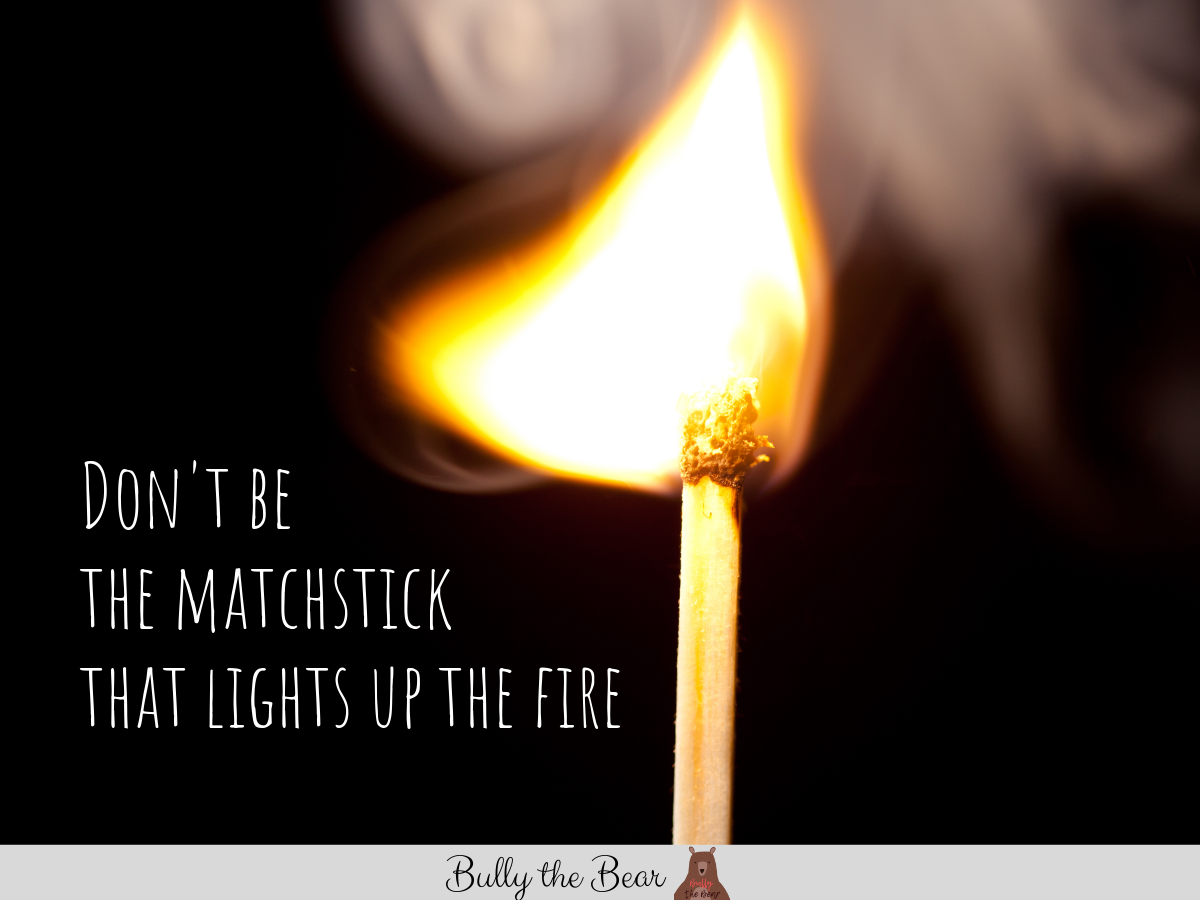To save time, there are really just three ways. The first way is to make our usage of time more productive, hence we use less of it, thus saving it. If instead of accomplishing just 1 thing, we aim to accomplish 2 or more things at the same time. That's saving time. The second way is to change our perception of how we utilise time to 'save' it. If we hate reading and doing any reading is perceived as a waste of time, then changing our attitude towards reading will make our usage of time more productive. Not doing something you dislike is time saved. Nobody wants to save time when doing something that they like. The third way is to spend other resources to save time. Usually, that means spending money to save on time, but not always. I can use relationship points to save time too. If I've accumulated many points to strengthen my relationship with a friend, I can ask my friend to help me to do something that saves me lots of time.
This post complements the previous one. There are so many things to do and so many projects to accomplish that you might ask how can anyone do that? Here, I will share how I handle some of these tasks. It's easier to give examples:
1) Laundry/folding
Nobody I know likes doing laundry and folding clothes. You either outsource this to a domestic helper or you do it yourself. I like to do chores in front of my kid. Doing so will accomplish two tasks - firstly, I can teach my kid to do chores and not to take such things for granted. I believe in teaching young children without explicit instructions through modelling and setting good examples. There's no formal instructions or a PowerPoint presentation on folding clothes - he sees me doing it, if he shows a little more interest, I'll guide him and let him help me in what ways he can. So far so good. Secondly, I get to change my perspective on folding clothes, from an unpleasant but necessary task to a teaching moment for my kid. Thus, I saved time by accomplishing more things in the same duration (completion of chores and teaching kids) and also remove the unpleasantness of the task. Two birds with one stone.
2) Blog articles
I mentioned in the previous post that I give myself a quota of writing 2 articles per week. Until the experiment ends, I'm going to have to squeeze some time out to brainstorm for ideas and also to write/edit the articles. How to find the time for this? For the creatives out there, you should know that brainstorming is not something you can force out in a scheduled time. Just feed brain food (aka reading) then hopefully something good will appear at random when you're doing something else. So, the brainstorming part is already a time-saving activity, because it can't be scheduled anyway. When I shower, or when I'm falling asleep, some good ideas for an article pop up in my head, then I'll just quickly jot it down in my phone for future reference. What about the actual writing? This activity takes about 2 hrs, and I usually do it while working. There are some lull periods when students are doing work, so I'll just flesh out the articles (like now, lol).
3) Reading
To reach my goal of 52 books a year, I have to read ebooks on my mobile phone. I very much prefer paperbacks, followed by a dedicated ebook reader like Kindle, but I've no choice. With a kid, I just don't have the time to sit down to read 1 to 2 hrs in one sitting. I've to do stealth reading - stealing minutes here and there to read. Quite irritating at first, but I get used to it by now. If I can, I'll also borrow a paper version of the same ebook that I am reading. I like to read in front of my kid, to let him see me reading. These days, I can see him picking up books to flip through and pretend to read, so I know it works. It's quite charming actually. Again, I want to stress that I'm trying to tick as many things as I can while focusing on one thing.
I think giving three examples should be good enough to illustrate my point. I want to highlight the fact that I'm not multi-tasking. I'm just doing one thing at a time, but accomplishing many goals at the same time. Research shows that multi-tasking is not possible - what we're doing is actually just switching tasks frequently to simulate the appearance of doing tasks simultaneously. I don't recommend that because we'll end up doing things half-heartedly or absentmindedly.
Live long and prosper.


















